Hera: The Fierce Queen of the Gods and Goddess of Marriage
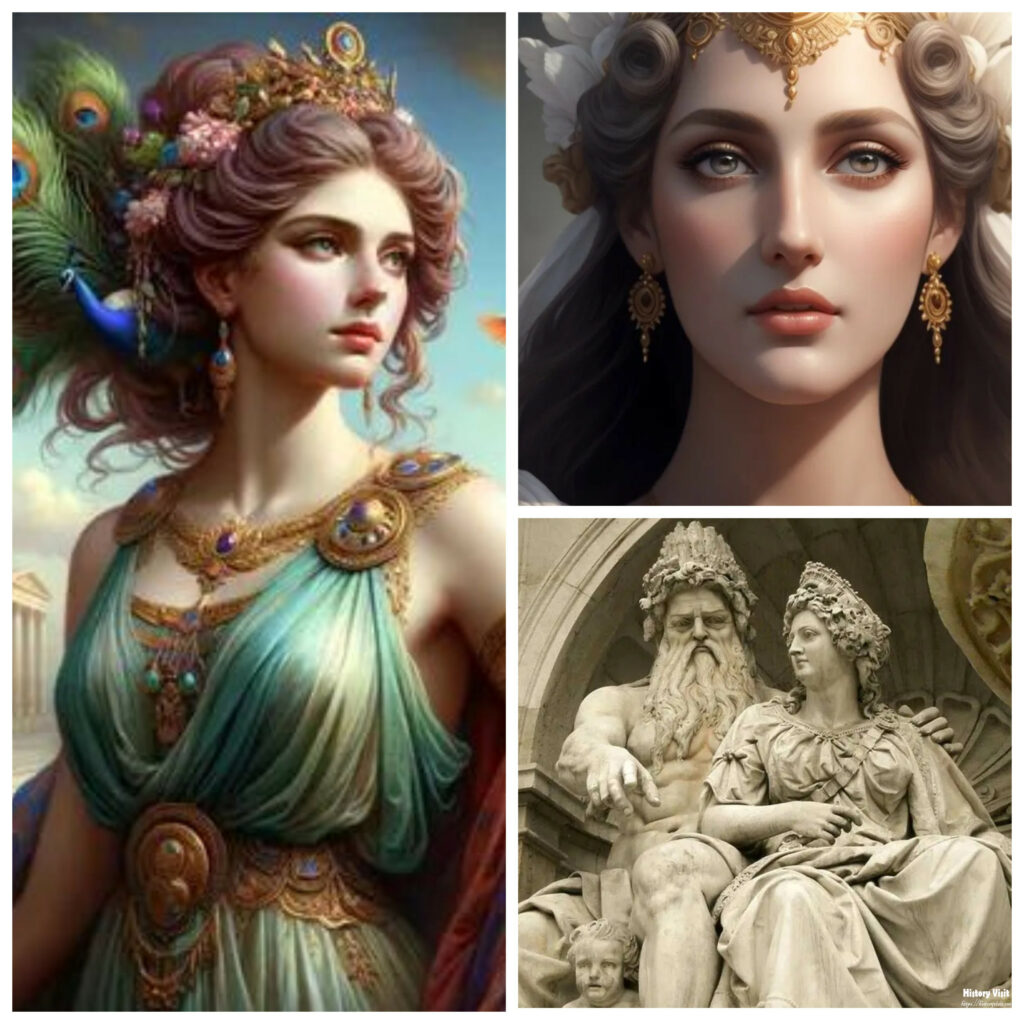
Introduction
Hera, revered as the Queen of the Gods and the Goddess of Marriage, holds a significant position in Greek mythology. Known for her complex and multifaceted personality, Hera’s influence extends across various domains, including marriage, women, childbirth, and family. As the wife of Zeus, the king of the gods, Hera’s role is crucial both in the divine hierarchy and in the daily lives of ancient Greeks. This article delves into Hera’s divine role and influence, exploring her origins, powers, cultural significance, and lasting legacy.
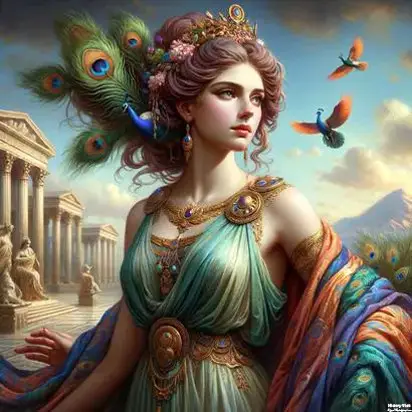
The myths surrounding Hera reveal her as a powerful and authoritative figure who embodies both protective and vengeful traits. Her marriage to Zeus, fraught with challenges due to his numerous infidelities, reflects the complexities of divine and mortal relationships. Through examining these myths, we gain insights into the values and social norms of ancient Greek society, particularly regarding marriage and family.
Moreover, Hera’s worship and rituals highlight her importance in both public and private spheres. Temples and sanctuaries dedicated to her, along with various festivals, underscore her revered status among the Greek gods. Understanding Hera’s role provides a deeper appreciation of Greek mythology and the cultural framework of ancient Greece.
Hera’s Origins and Marriage to Zeus
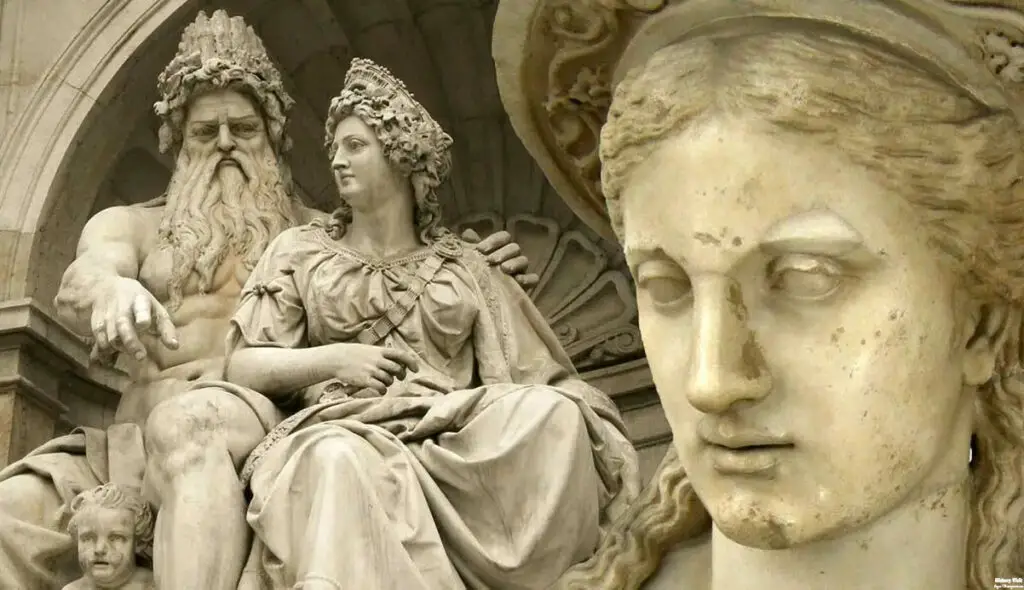
Hera’s origins are deeply rooted in the ancient lineage of the Titans, being born to Cronus and Rhea. As the sister and wife of Zeus, Hera’s marriage was both a union of immense power and a source of significant tension. Despite Zeus’s numerous extramarital affairs, Hera remained his steadfast wife, often responding with fierce jealousy and retribution. This dynamic relationship between Hera and Zeus mirrors the complexities and challenges found in both divine and mortal marriages.
Their union was symbolic of the power struggles and alliances within the pantheon of Greek gods. Hera’s constant vigilance over Zeus’s actions highlights her role as the enforcer of marital fidelity and the protector of family sanctity. Her reactions to Zeus’s infidelities often led to dramatic and intricate myths, portraying her as both a suffering wife and a formidable deity who would go to great lengths to assert her authority and dignity.
Hera’s marriage to Zeus also underscores her significant influence within the Greek pantheon. As the queen of the gods, she wielded considerable power and authority, often involving herself in the affairs of both gods and mortals. Her position was not just symbolic; it was integral to maintaining the balance and order within the divine realm, reflecting her importance in Greek mythology.
Hera’s Divine Powers and Symbols
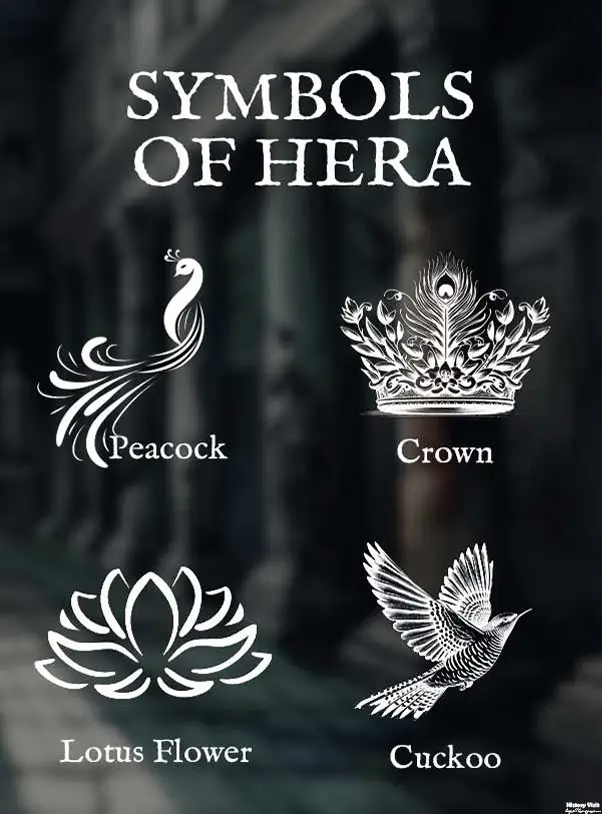
Hera is often depicted with symbols that highlight her divine attributes and domains. The peacock, with its eye-patterned feathers, represents her regal beauty and all-seeing nature. This majestic bird is closely associated with Hera, symbolizing her watchfulness and the splendor of her divine status. The cow, another of her symbols, represents fertility and nurturing, underscoring her role as the goddess of childbirth and family.
The pomegranate, a symbol of marriage and fertility, further emphasizes Hera’s connection to the cycles of life and family. This fruit often appears in artistic depictions and religious rituals associated with Hera, symbolizing her influence over fertility and the prosperity of families. These symbols collectively represent Hera’s multifaceted nature and her significant impact on various aspects of life in ancient Greece.
Hera’s divine powers were not just symbolic but also practical in the religious practices of the ancient Greeks. Her worship involved numerous rituals and ceremonies aimed at securing her blessings for marital harmony, fertility, and the protection of women. These rituals were an integral part of Greek religious life, reflecting Hera’s importance in both public and private spheres. Her influence extended beyond the mythical narratives, permeating the daily lives and practices of the ancient Greeks.
Hera’s Influence on Greek Culture and Mythology
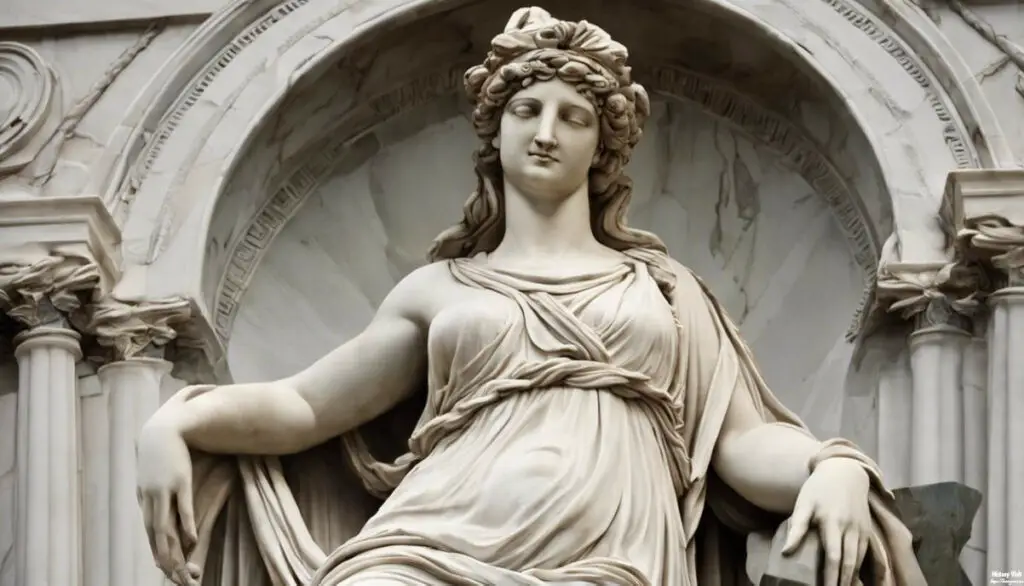
Hera’s influence permeates Greek mythology, where she is often portrayed as both a protective and vengeful figure. Her jealousy led to the persecution of many of Zeus’s lovers and their children. For instance, Heracles, one of Zeus’s most famous offspring, faced numerous challenges and labors due to Hera’s wrath. Despite this, Heracles eventually earned her grudging respect, illustrating the complexity of her character.
Hera’s protective role is also evident in her guardianship over married women and their families. She was seen as the divine advocate for women, ensuring their protection and welfare within the family unit. This protective aspect is celebrated in various festivals and rituals dedicated to Hera, such as the Heraia, which included athletic competitions for women and honored her role as the patroness of marriage and family.
The dual nature of Hera’s personality is reflected in the rich tapestry of myths that feature her. Stories of her vengeance, such as the punishment of Io or the trials of Semele, highlight her fierce dedication to marital fidelity and her unwillingness to tolerate infidelity. At the same time, her nurturing and protective qualities emphasize her importance in maintaining the stability and sanctity of family life. These narratives not only showcase Hera’s character but also reflect the values and social norms of ancient Greek society.
Conclusion
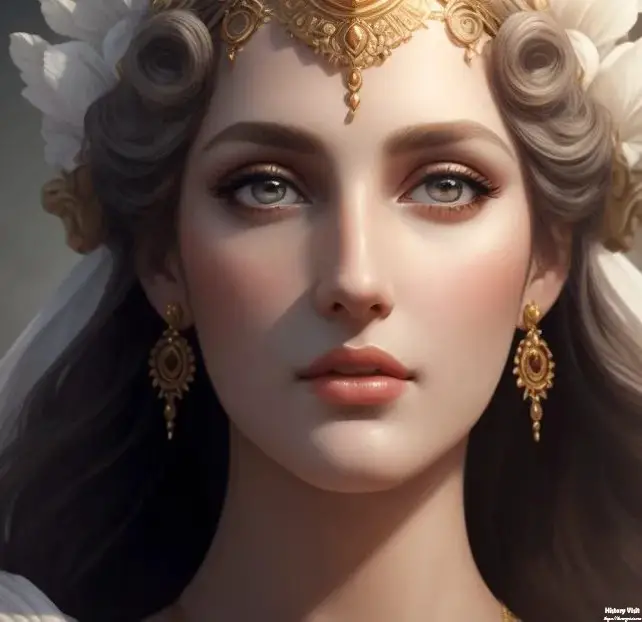
Hera’s multifaceted nature as the Queen of the Gods and Goddess of Marriage highlights her central role in Greek mythology. Her influence on marriage, family, and the dynamics of divine relationships underscores her importance in ancient Greek culture. Through her stories, symbols, and worship, we gain a deeper understanding of the values and beliefs that shaped the lives of the ancient Greeks.
Hera’s legacy continues to endure in modern interpretations of Greek mythology. Her dual role as a nurturer and avenger offers a nuanced portrayal of divine power and the complexities of relationships. As both a protector of women and a formidable deity, Hera embodies the intricate interplay between loyalty, power, and justice.
In celebrating Hera, we not only honor a central figure in Greek mythology but also reflect on the enduring themes of love, loyalty, and the quest for justice that continue to resonate across cultures and time. Hera’s stories remind us of the timeless nature of these themes and their relevance in our own lives.


